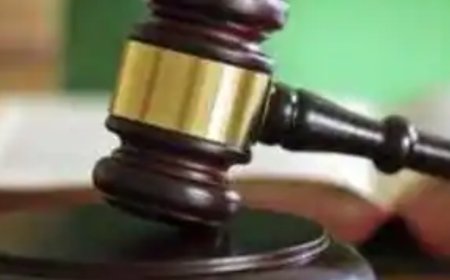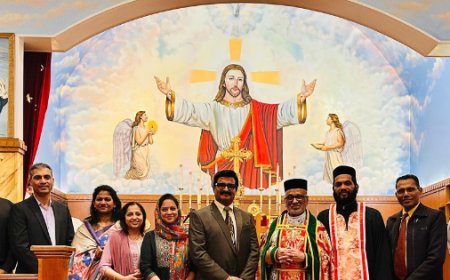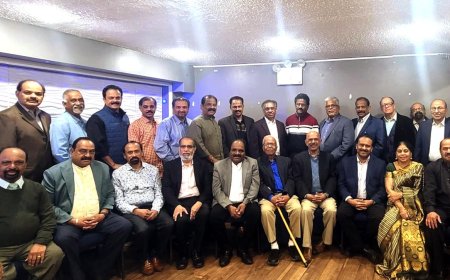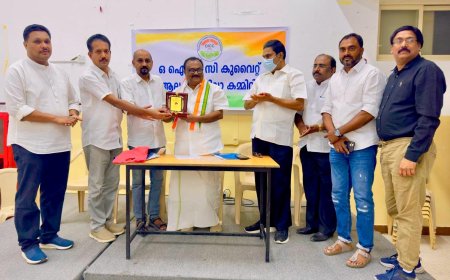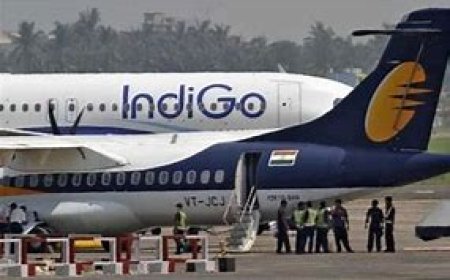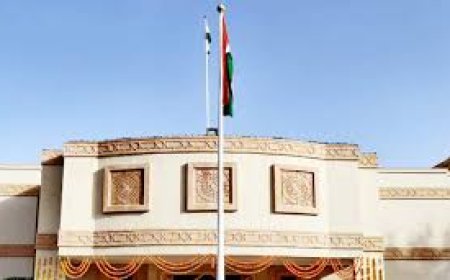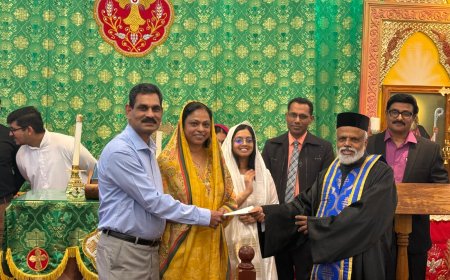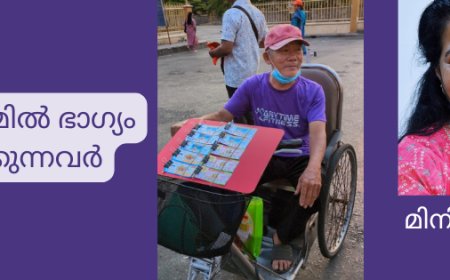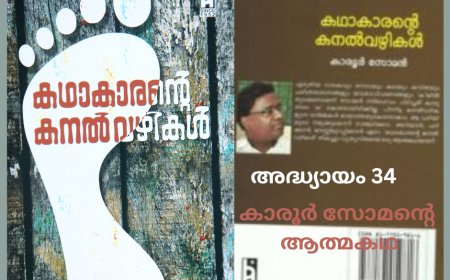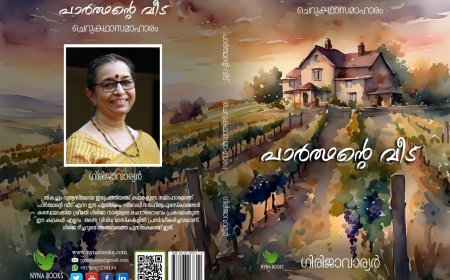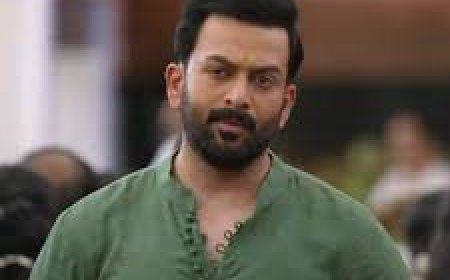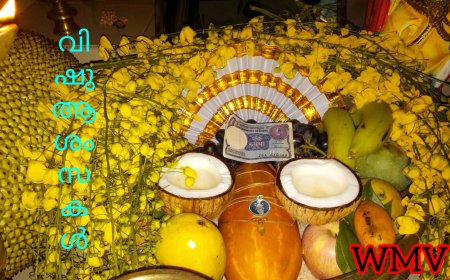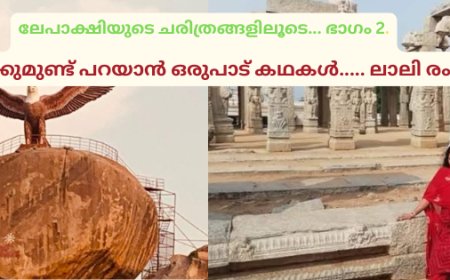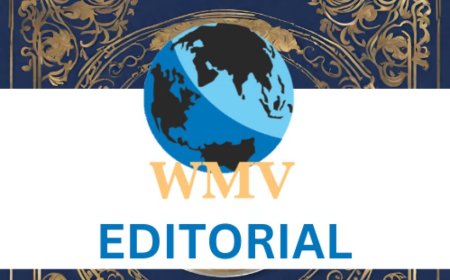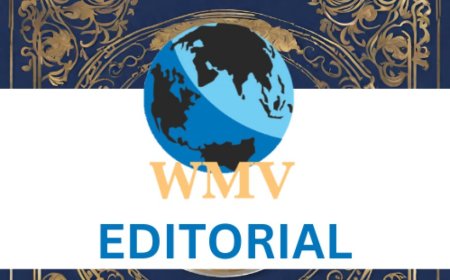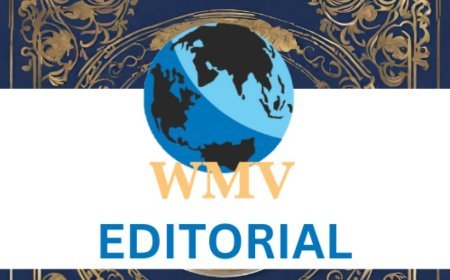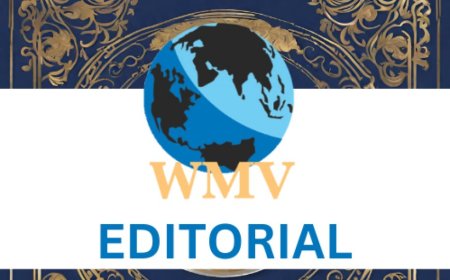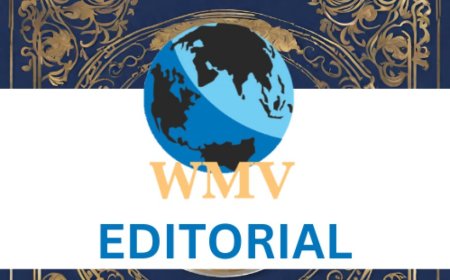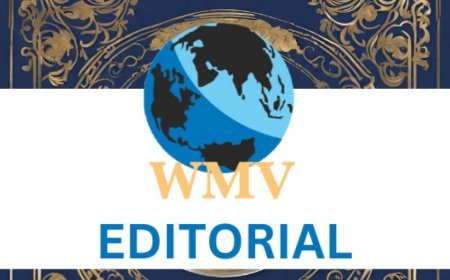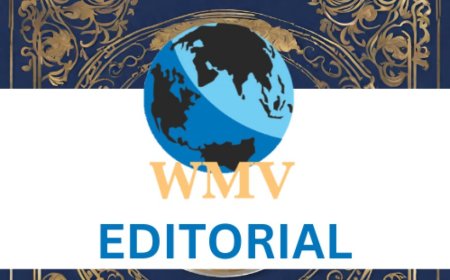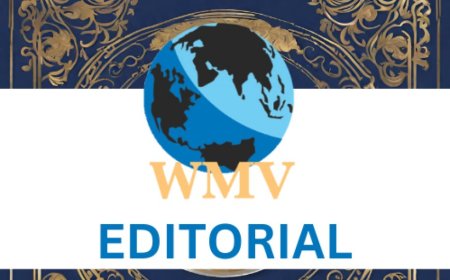Singapore calls for May polls as PM seeks mandate to tackle cost-of-living concerns
PM Lawrence Wong called on President Tharman Shanmugaratnam to dissolve parliament and issue a writ of election, setting the stage for the vote in less than three weeks

SINGAPORE'S government called for a May 3 election as Prime Minister Lawrence Wong seeks a mandate to tackle cost-of-living concerns and lead a nation that has long benefitted from global trade into a complicated new era.
Wong called on President Tharman Shanmugaratnam to dissolve parliament and issue a writ of election, setting the stage for the vote in less than three weeks, according to government statements published Tuesday.
High living costs are top of mind for voters as the 52-year-old leader of the People’s Action Party, who took over from Lee Hsien Loong about a year ago, turns to cash handouts and social welfare programs to ease the economic pain that spiked in the aftermath of the Covid-19 pandemic.
But navigating choppy geopolitics will be just as big a challenge for the city-state, which for decades has used its strategic position to become a financial and commodities-trading hub with one of the highest living standards in the world.
The world “is becoming more uncertain, unsettled and even unstable,” Wong said in a statement on social media.
“The global conditions that enabled Singapore’s success over the past decades may no longer hold.”
Domestically, Wong and the ruling People’s Action Party — which has governed Singapore since independence in 1965 — announced plans this year to spend almost S$124 billion ($94 billion) on everything from airport upgrades to vouchers for supermarkets and elder care.
The government’s approach has faced criticism from opposition figures, while a majority of residents said the measures were inadequate to deal with their cost-of-living concerns, according to a February poll.
While the PAP has never come close to losing its parliamentary super-majority — let alone a general election — opposition parties have been working the ground in earnest for weeks seeking an upset. They will be testing voter faith in Wong after the PAP scored its worst-ever electoral result in 2020, winning 89% of parliamentary seats amid the pandemic. The PAP took about 61% of the popular vote then.
“This election will not only be a referendum on Wong’s leadership but also on the fourth-generation leadership team he heads,” said Nydia Ngiow, managing director at strategic business consultancy BowerGroupAsia.
“For the PAP, maintaining its two-thirds majority will be critical.”
Whether the opposition can capitalize, and to what extent, is unclear in a country where opinion polls are barred once the election is announced. Both sides are downplaying their chances, as they have in previous cycles, with Wong saying last year that there’s no guarantee his party can form a stable government.
Pritam Singh, the leader of the opposition in parliament, has warned that his Workers’ Party faces a “real risk of a wipe out.” He’s said at least one-third of parliament should consist of opposition MPs.
“There is nothing disloyal about offering alternative views,” Singh said in a statement after the election announcement. “The views from the Workers’ Party are grounded in the desire to achieve better outcomes for Singapore and Singaporeans.”
Whatever the case, economic realities will be front and center in the election, with Singapore already expecting slower growth amid global trade uncertainties. The Ministry of Trade and Industry this month lowered the country’s 2025 growth forecast to 0-2% from a 1%-3% estimate in February. That’s down from a 4.4% expansion in 2024.
Wong warned lawmakers on April 8 that the forecast might be cut given the tariffs imposed by the Trump administration and their impact on the global trade regime.
“Singapore may or may not go into recession this year,” Wong said. “I have no doubt our growth will be significantly impacted.”
That was reiterated by former Prime Minister Lee, who said this month that the new trade war is “going to affect our economy, it’s going to affect our region and it’s going to affect our future. It’s not good news.”
Tan Cheng Bock, chairman of the opposition Progress Singapore Party, said the government was trying to scare voters ahead of the election.
Domestically, Wong has sought to shore up the economy with a new slate of social measures including, for the first time, unemployment benefits. The strategy is part of a vision for Singapore that the Harvard-alumnus billed as a means of refreshing the island nation’s social compact.
His approach prompted fierce criticism from the opposition, which accused the government of “turbocharging inflation.”
“Unfortunately the support packages given by the government are now a given and people expect this anyway,” former ruling party lawmaker Inderjit Singh said before parliament was dissolved. “I don’t think the support packages will make a big impact to win back more votes.”
With both the PAP and the opposition facing political controversies in recent years, including a 2024 corruption conviction that sent a government minister to jail, the question is how much of that still lingers in the minds of voters, said Ngiow of BowerGroupAsia.
“While this environment could pave the way for opposition gains, much depends on whether opposition parties can offer credible, long-term cost-of-living solutions,” she said.













